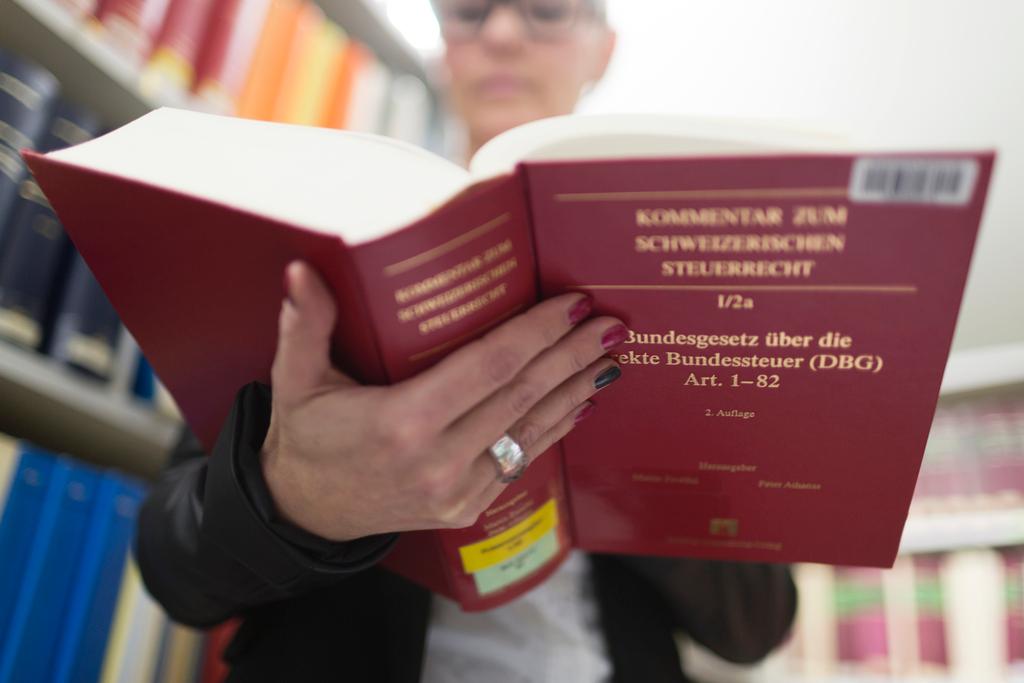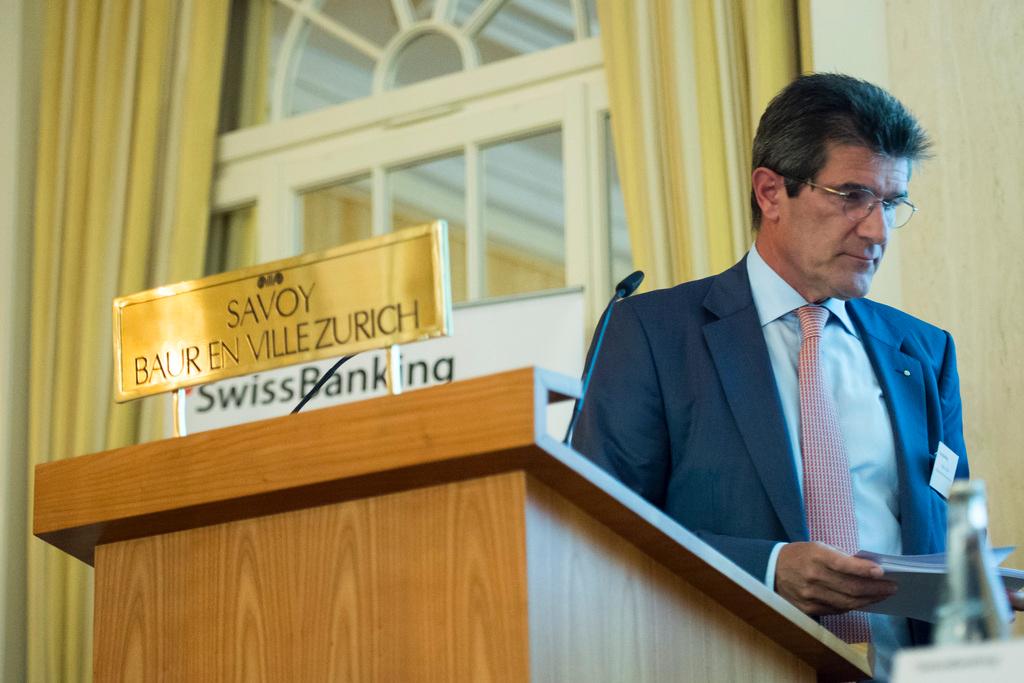Swiss naming of suspected tax cheats causes waves

Switzerland has come under fire for naming foreign account holders who are under investigation for tax fraud in their own countries. The practice, which has been ongoing for some years, is, ironically, intended to benefit the accused.
It has hit the news headlines once againExternal link after the Swiss tax authorities named Francisco José Ortiz von Bismarck, a descendant of former German Chancellor Otto von Bismarck, in connection with a German probe.
The Swiss Federal Tax Administration told swissinfo.ch that it is obliged by law to inform account holders that it is cooperating with international requests for information in relation to tax investigations.
Usually, the account holder’s bank would get in touch with its client. This is to give the individual the opportunity to appeal the decision to cooperate with the Swiss courts.
But in some cases the bank has lost touch with the client and no longer has an up-to-date address. In such cases the tax authorities notify the account holder via the government’s online gazette – sometimes giving the full name of the client and in other instances just the initials and date of birth.
In each case the posting informs the person that they have 30 days to appeal to the St Gallen administrative court if they want to block the handover of their information.
A change to the Swiss law last yearExternal link allows the tax authorities to withhold from the account holder the fact that it is cooperating with a foreign jurisdiction. But this applies only under certain circumstances, such as when the requesting country feels the person under investigation may destroy evidence.
Irony
The case of Bismarck has prompted a welter of media headlines, ranging from GermanyExternal link, IndiaExternal link and the United StatesExternal link.
The practice has certainly raised some eyebrows in Germany. “The fight against tax evasion is not about pillorying individuals, but about giving the majority of honest tax payers a sense of justice,” Nils Schmid, finance minister of the German state of Baden-Württemberg, told the Swiss News Agency.
The irony has not been lost on the world’s media that Switzerland – until recently home to some of the strictest banking secrecy laws in the world – has taken to publishing the names of suspected tax cheats for all the world to see.
But this is certainly not the first time that the open publication of suspected tax cheats’ identities has made the headlines. Last year, the name of former French football captain Marcel Desailly appeared on the Swiss government gazette.
Beat Furrer, spokesman for the Federal Tax Administration, said that while posting names on the Swiss government gazette is nothing new, the volume of instances has been on the increase.
“Statistically speaking, over the past three to four years we have received more requests for information,” he told swissinfo.ch.
Information exchange
Switzerland has committed to applying the system of automatic exchange of tax information by the start of 2018. On Tuesday, without debate, the 28 EU member states approved a treaty that would support the automatic exchange of information between the EU countries and Switzerland. On Wednesday in Brussels the State Secretary for International Financial Matters, Jacques de Watteville, will sign the document on behalf of Switzerland.
Beginning in 2017, Swiss financial institutions will be expected to collect tax data about individuals and forward it to the Swiss tax authorities for exchange with tax authorities in other EU countries. Similarly, EU member states will be required to provide tax information to Switzerland.
On Tuesday in Geneva, de Watteville said the contract would help smooth out relations between the EU and Switzerland.
Fines
The move toward automatic exchange of information followed intense global criticism of Switzerland’s financial centre over the past few years.
In 2009, UBS bank was fined $780 million (CHF740 million) in the US after admitting that it helped clients evade taxes. Since then, several other Swiss banks have been fined or even forced to close their doors as a result of US pressure. Several more await fines from the Department of Justice.
Switzerland has also been forced to revise its laws to classify tax evasion as a crime and comply with international standards of tax cooperation.

In compliance with the JTI standards
More: SWI swissinfo.ch certified by the Journalism Trust Initiative





You can find an overview of ongoing debates with our journalists here. Please join us!
If you want to start a conversation about a topic raised in this article or want to report factual errors, email us at english@swissinfo.ch.